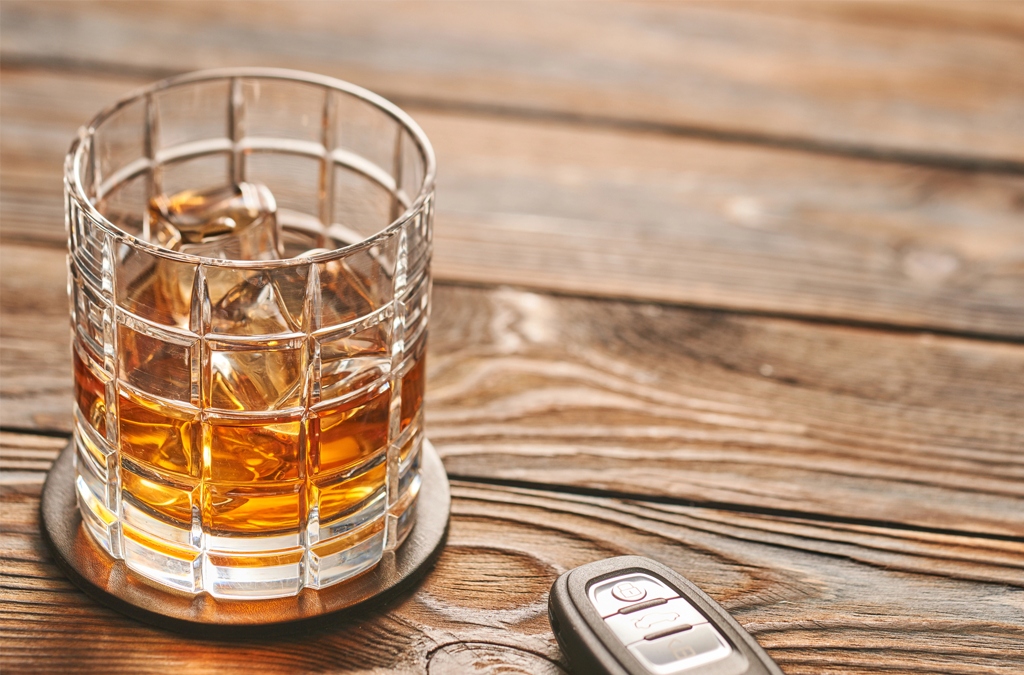When most people think of a DUI (Driving Under the Influence), they imagine someone swerving on the road, struggling to maintain control of their vehicle due to alcohol or drugs. While this is a common scenario, it’s not the only way you can find yourself facing DUI charges. Surprisingly, you can get a DUI without actually driving. This may sound counterintuitive, but the law in many jurisdictions is designed to address situations where individuals pose a risk to public safety even when they aren’t physically operating a vehicle. In this article, we’ll delve into the intricacies of getting a DUI without actually driving, examining the legal implications and scenarios where this can occur.
DUI While Parked
One common misconception is that as long as you’re not driving, you can’t be charged with a DUI. However, in many places, you can still get a DUI while parked. The key factor here is whether you have “actual physical control” of the vehicle. If you are found inside your car with the keys in the ignition and the engine running, even if you’re not actively driving, you could still be arrested for a DUI. Courts often consider factors such as your proximity to the driver’s seat, the location of the keys, and whether the engine is running when determining if you had control of the vehicle.
This interpretation of DUI laws aims to prevent individuals from taking advantage of a legal loophole by sitting in their car and waiting until they’re sober. If you are intoxicated and have the ability to start the vehicle, you may face DUI charges.
DUI on Private Property
Another surprising scenario is getting a DUI on private property. While private property may seem like a safe haven from DUI laws, this isn’t always the case. Some jurisdictions extend DUI regulations to include private property, especially if it’s open to the public or used for commercial purposes. So, if you’re caught operating a vehicle under the influence, even in your own driveway or a private parking lot, you can still be arrested and charged with a DUI.
The rationale behind this extension of DUI laws is to safeguard public safety. Reckless behavior on private property can still pose a risk to others, and the law aims to prevent potential accidents.
DUI for Passengers
In certain situations, passengers can also face DUI charges without actually driving. If you’re intoxicated in a vehicle and acting in a way that distracts or endangers the driver, you could be charged with a DUI even if you’re not behind the wheel. This includes behaviors like grabbing the steering wheel, interfering with the driver’s ability to control the vehicle, or inciting a disturbance that could lead to an accident.
The rationale behind these laws is to discourage passengers from engaging in dangerous behavior while someone else is driving under the influence. By holding passengers accountable for their actions, lawmakers hope to reduce the overall risk of DUI-related accidents.
DUI for Sleeping in a Parked Car
One of the most unexpected scenarios where you can get a DUI without driving is when you’re sleeping in a parked car. If you’re intoxicated and decide to sleep off your alcohol in your vehicle, you may think you’re making a responsible choice. However, some jurisdictions still consider this a DUI offense if the key factors of “actual physical control” are met. This means that if you have the ability to start the car, even if you’re asleep and not intending to drive, you could face DUI charges.


Recent Comments